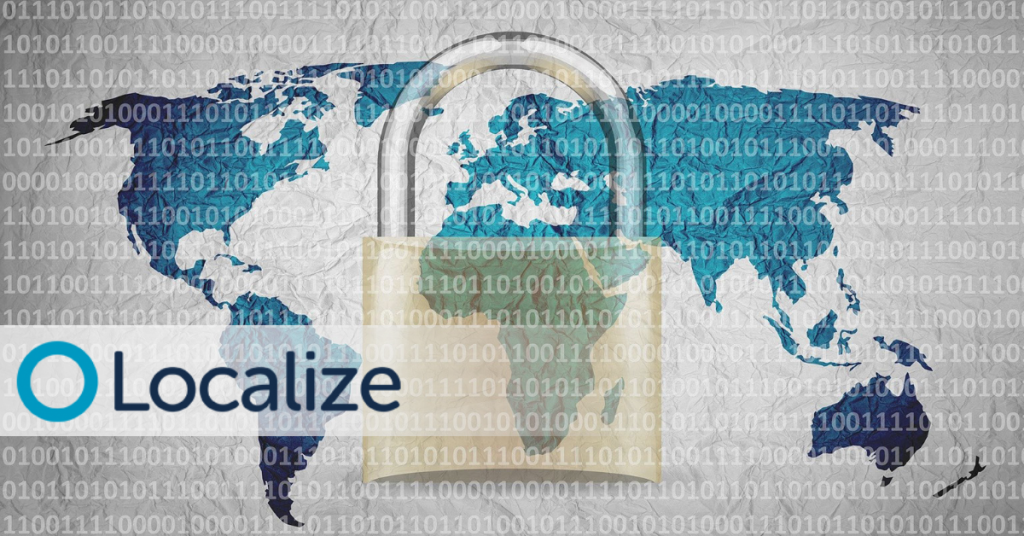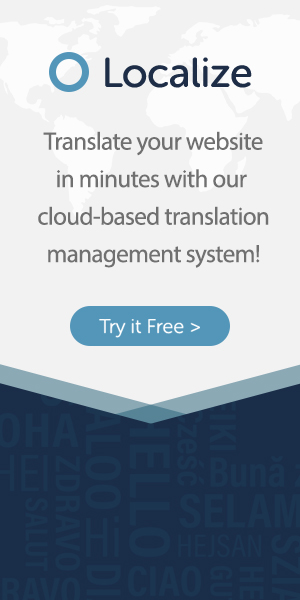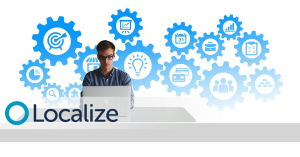Localization of data is one of the most hotly debated issues in the world of international business today. In this post, we’ll take a brief look at what data localization is and how local data compliance laws worldwide benefit and restrict companies at the same time.
What Is the Localization of Data?
Data localization refers to the process of storing consumer data in the country of origin of the consumer. For example, if an American company in India gathers data on Indian consumers, the information has to remain within India. However, localization laws are still in their nascent stages around the globe. With growing concerns about consumer privacy, the localization of data presents both opportunities and challenges for international companies.
The Advantages of Data Localization
Localization of data provides several advantages to citizens, lawmakers, and the judiciary of a particular country. Let’s take a look at some of the positives of the localization of data:
- Security of data. In terms of privacy, the localization of data is a boon for the citizens of a particular country. Localization guarantees personal data confidentiality and ensures that a citizen’s information is protected from foreign surveillance. Lack of data localization leads to incidents like Facebook’s infamous Cambridge Analytica data breach.
- Scrutiny by national investigative agencies. Suppose a citizen is suspected of having taken part in a criminal offense. In such a case, national investigative agencies will have easy access to the suspect’s data because it is stored within the country.
- Economic growth. Localization of data involves data warehousing, which has become a big business in recent years. Data warehousing also provides employment, resulting in economic development.
- Increased accountability. For years, digital juggernauts such as Facebook and Google have collected user data without providing substantial information on how this personal information is used. However, with data localization laws in place, such companies are forced to be more accountable.
- Reduced jurisdictional conflicts. Cross-border data sharing is a complicated affair, especially from a legal perspective. However, data localization ensures that any breach of rules or regulations is dealt with according to one nation’s laws.
The Disadvantages of Data Localization
While there are several advantages of localizing data, there are also challenges such as those outlined below:
- Increased operational costs for businesses. For effective and efficient data localization, companies need to invest in data centers. Setting up efficient data management systems results in significantly increased costs of doing business.
- Increased product/service costs for consumers. With the increase in operational expenses, companies will raise the prices of their products or services.
- Impaired transparency. If the data collected is protected by a particular nation’s interests, it may reduce transparency if the data has to be shared with another country. On a national level, it may pose problems to investigative agencies that haven’t been provided unrestricted access to the data.
Conclusion
As of now, the cross-border flow of data is mostly free, which results in numerous positives for the global economy. However, doubts continue to emerge regarding end-user data privacy and may lead to more enactment of data localization laws.
Ultimately, there’s a fine line between maintaining data privacy and using the data for purposes that are not still completely understood by consumers who have revealed their personal information online. Only time will tell how the localization of data and local data compliance laws will affect globally-run businesses.
Why Use Localize?
Localize translation management software is helping more than 500 companies establish a strong presence in different countries worldwide. We aim to keep on top of all the innovations taking shape in the translation and localization sphere. Talk to us and find out how we provide secure and compliant solutions to your international business challenges.







